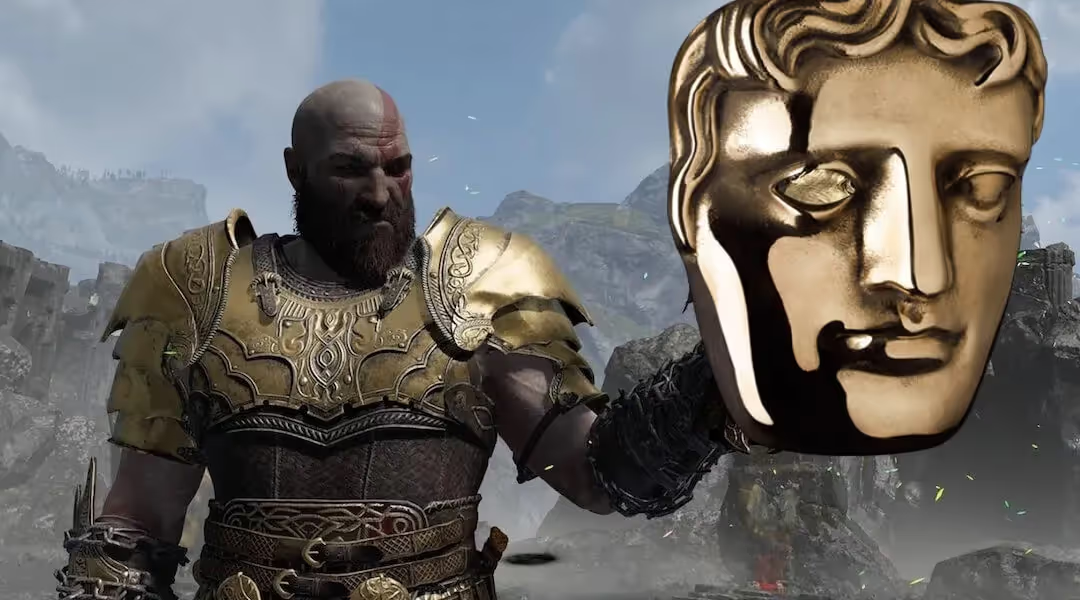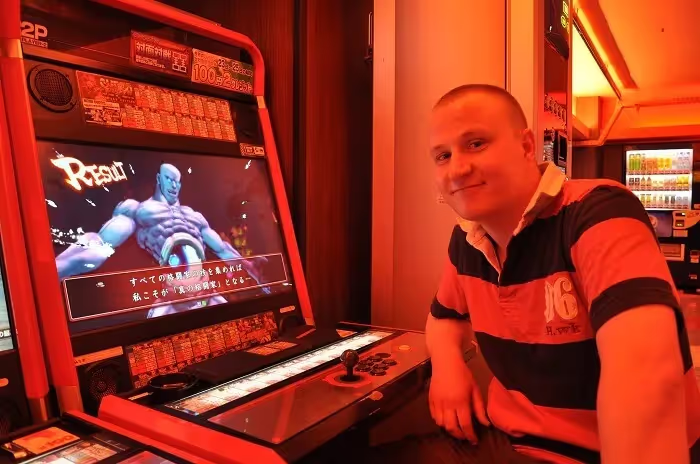A regular look at gaming-related stories from the past week or so whereby conclusions are drawn from anything and everything. These may be incredibly well reasoned based on events from the week. Alternatively, they may be highly speculative, drawn from very little evidence. More likely, they will be somewhere in between.
Conclusion One: The Driveclub closes
Driveclub was a bloody brilliant game. A horrendous start to life on the PlayStation 4 with delays galore and myriad problems once actually launched was only matched by the sheer quality and volume of content provided to gamers once it got going. A wonderful-looking, brilliant-to-drive game that deservedly tops many ‘best racers this generation’ list. Well, mine at least. But all good things come to an end.

Now it will basically be no more as without the servers a lot of the game goes away. I mean, it will still drive well and that’s cool, but the whole point of the game was that you were part of a club. It’s disappointing that this is happening.
But here the game’s original director at least explains what’s going on and why. It’s standard, he says, to be delisted after the licensing deals expire. Which makes sense, even if it still leaves a sad feeling in the pit of my stomach. The club is no more, because of licensing. Not that the game’s a failure, or seen as a bad thing by Sony, merely that it’s done what it set out to do, the monies have been made and there’s no viability in extending licensing for a five-year old game with no dev team and no plans to carry the franchise further forwards. This, perhaps, is the true travesty.
Conclusion Two: Kratos needs a bigger trophy cabinet
At the 2019 British Academy Game Awards on Thursday, the best of gaming over the last year was honoured — and while it was a little shocking that Red Dead Redemption 2 came away without a single nod, Sony Santa Monica’s tremendous reboot of God of War deservedly stole the evening with a huge haul of five awards.

Kratos’ latest adventure scooped up best narrative, best music, best audio achievement, and best performer (surprisingly for Jeremy Davies’ turn as The Stranger, rather than Christopher Judge in the title role). But the crowning BAFTA achievement was the award for best game, topping off a stellar selection of trophies to sit alongside wins from, among others, the Golden Joystick Awards and 2018 Game Awards.
Other wins included Yoku’s Island Express which picked up best debut and Into The Breach which was awarded best original property — you can see our thoughts on both games in the above links. It was very much Kratos’ night however, although Arthur Morgan and his friends shouldn’t feel too downhearted: RDR 2 hasn’t done too badly in the past.
Conclusion Three: Sekiro: Shadows Die Twice? How about never, instead?
Sekiro: Shadows Die Twice is a brilliant game but ever so bloody difficult. I mean, it’s harder than a hard thing which has just been appointed Professor of Hard at Oxford University. Or so any mere mortal would think. You see, whilst it can take tens of hours dependent on skill for most, some can complete the thing in, oh I don’t know, under 34 minutes?
Yes, that’s the current speedrun any percentage completion world record. It’s utterly mental. But quite brilliant. Speedrunning is an art form, really. Knowledge of the game is essential, skill a prerequisite and in addition to those which can be learnt or gained, you need strategies which take advantage of the game mechanics, bugs, glitches and anything else. Just check out Distortion2’s demolition of the game below. Of course, expect spoilers. It’s quite remarkable, and makes a mockery of my review and the title itself. Or maybe this guy just got (really) good?
Conclusion Four: This week's film recommendation: When Harry Met Doolally
In the latest instalment of people confusing privilege with knowledge, the UK’s foremost celebrity Nazi pin-up and Instagram account appropriater Prince Harry this week made some ill-informed comments about gaming, which he said was “irresponsible” and that Fortnite in particular “shouldn’t be allowed”. In his opinion, Fortnite “was created to addict, an addiction to keep you in front of a computer for as long as possible.”
It isn’t clear whether Harry has ever played Fortnite, or indeed, any video game. In the world of princes, the term “free-to-play” could be used to describe anything he demands to play, at any point, so context in this respect is meaningless. The irony of condemning video games as something that "shouldn't be allowed" while not batting an eyelid at shooting animals in the face for sport is also clearly lost on him. Yet that hasn’t stopped him from making sweeping statements which pigeonhole huge swathes of the population. This is the only “irresponsible” element at work here, especially when you consider that Harry followed up with the equally ludicrous comment that social media was “more addictive than drugs and alcohol”. Although in this case, we can’t help but wonder if there’s an element of bias at work.
Conclusion Five: Toys-to-Life becomes Toys-to-Death
This week saw what could prove to be the final nail in the toys-to-life coffin, as Ubisoft announced that it was cancelling its Starlink franchise. Toys-to-life has always been a bit of a niche market for gamers, mainly targeting kids and parents with a series of brightly coloured games married with physical collectible toys. The end result left a gaping hole in many families’ wallets but a healthy bank balance for many of the developers willing to jump on board. Activision’s Skylanders series launched in 2011 and had made over $3 billion by 2015 before being put on hiatus in 2017, while Disney’s Infinity franchise picked up a few billion but lasted barely two years.

Growing overheads, missed returns and a crowded market have often been the most significant factors in studios shelving toys-to-life products. Indeed, the main active player now appears to be Nintendo with its Amiibo and Labo ranges. This latter initiative still feels more like an educational curio rather than a mainstream must-have, though cardboard additions are obviously a lot cheaper to produce than plastic toys. Whether Nintendo continues to support its toys-to-life offerings or not, it seems that the genre has a whole is struggling to maintain its shelf life. While that may provide cash-strapped parents with some cheer, it’s still another sad loss for an industry which shies away from taking risks — especially if they don’t bring in a bucket-load of profit.
You can subscribe to Jump Chat Roll on your favourite podcast players including:
Let us know in the comments if you enjoyed this podcast, and if there are any topics you'd like to hear us tackle in future episodes!



